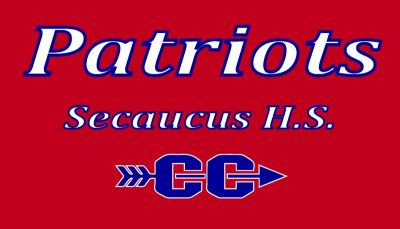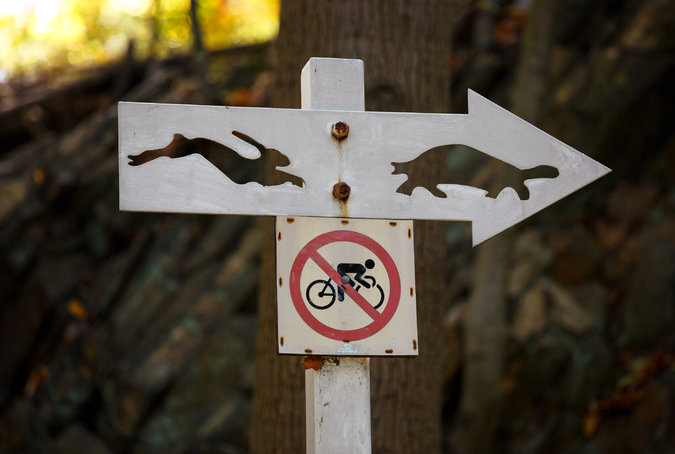“This doesn’t happen right away. It’s a cumulative problem, so just missing one meal won’t do it,” she says. But if you exercise in the morning in particular and then don’t eat for a few hours, your body doesn’t have the energy stores to work with, which means you’ll have low energy until you get some fuel to power through the remainder of the day.
If you exercise in the morning or early evening without eating and replenishing within a few hours, “your body will take stored energy,” Besser says. First, it will dip into your glycogen stores, which your body uses to keep blood sugar levels stable, she says. Glycogen will get replaced as you replenish your energy stores, but it takes time, so your body may be short-changed for a while.
As the brain tries to conserve energy, it’s forced to slow some of its functions, Besser says. If the brain runs out of sugar, it can’t immediately tap into other sources, so function decreases — hence the feeling of lightheadedness, or feeling faint, if you haven’t eaten for a while.
Eventually, your body runs out of glycogen. “Then it has to move on to a less readily available sources of energy, like fat or, if there isn’t fat on board, muscle,” she explains.
Obviously, if your body is degrading muscle to use for energy, you could potentially lose muscle mass and get weaker. If you’ve just sweat a lot, you also probably lost a ton of electrolytes, which can lead to muscle cramping. That’s pretty much the opposite of what you are trying to do with all that exercise, right?
If you don’t eat or drink, you’ll remain dehydrated after your workout. Just exercising alone, even under optimal conditions (not extreme heat, for instance) causes an increase in sweat and dehydration, she says.
If you don’t replace the fluid, it will cause electrolyte imbalances, which can cause heart arrhythmias or palpitations in severe cases, as the body needs electrolytes for proper heart and muscle function. “But this isn’t going to happen unless you are chronically undernourished and then stressing the body with exercise,” Besser explains, “or if you take a diuretic, which can cause electrolyte imbalance.”
The best thing you can do is stay hydrated, even if you don’t reach for a snack right away. “Water is fine. You really don’t need an electrolyte drink unless you are doing a very long exercise routine in very hot weather/temperature),” she says. You’ll want to drink water before a workout too, says Self, to get the body in a hydrated state to prepare for sweating it out.
The takeaway? If you’ve got a few hours of activity and movement left in the day, you’ll need to eat and drink pretty soon after your power run.












